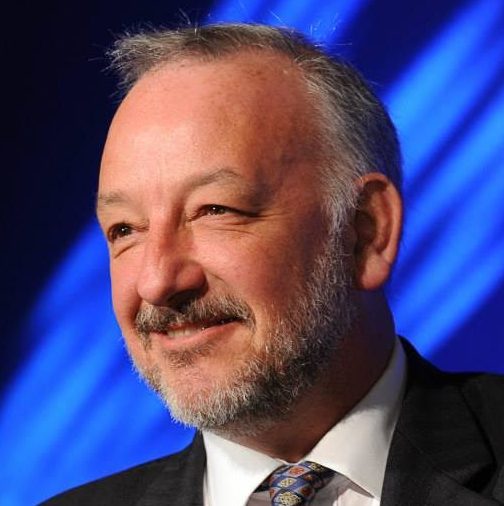How crowdfunding is changing publishing: Mathew Clayton interview

Mathew Clayton is as an editor, events organiser and writer. Currently, he works as the Head of Publishing at the innovative crowdfunding publisher Unbound and runs a literary tent at Glastonbury Festival. Here Sarah Ann Juckes, co-host of the free BookMachine Brighton event (How crowdfunding is changing publishing, 8th June). interviews him.
1) You’ve had a varied career in literature as an editor, festival programmer and publisher at Unbound. What drew you to working with books initially?
When I left college, I set up a second hand bookstall. Every Saturday I went round jumble sales and bought all the half decent books I could find, then I sold them to students at Sussex University. I really enjoyed doing this, but I wanted to move to London, and managed to get a job working for the Guardian in their PR department. My boss was also involved in the Guardian’s book publishing – they had an imprint with Fourth Estate and I started helping her with that. Fourth Estate were then a small, exciting and fast growing independent publisher. I was hooked.
2) Has any of these roles changed your view of the industry and/or books?
Festivals are really interesting, as they are part of a new emerging literary culture that includes book groups, creative writing courses, independent bookshops and crowdfunding. None of these thriving sectors have emerged from within the traditional industry, they have all been developed independently by writers and readers.
And everyone involved in publishing should, at some point, sell books. You gain a real understanding of how difficult it is to get people to try something new.
3) As Head of Publishing at Unbound, do you think there is a certain type of literature that lends itself particularly well to crowdfunding?
I think non-fiction is easier to fund than fiction and it really helps if you have an established network of people that are interested in your work. But underpinning that is the need to be the kind of person that wants to establish a network of people that are interested in your work, rather than simply hoping that someone else will do it for you.
4) What are the biggest mistakes you feel other publishers are making today?
Not building direct relationships with readers. In three years of programming literary events at the Brighton Festival, no publisher ever asked if it would be possible to get email addresses of the people that paid to see their authors. Publishers don’t own bookshops, they don’t run festivals, they don’t organise book clubs. I realise I am generalising here a little, but their whole way of operating is to sell via shops – they are used to keeping readers at a distance. This is very short-sighted.
5) What do you think the future holds for crowdfunding books?
At its heart, our model of publishing is selling books direct to readers in advance of publication. More and more people will do this – any new publisher that doesn’t try and do this is mad. I don’t think many traditional publishers will try crowdfunding, as they will not be able to culturally get their head around the idea that a book might fail before it is even published. From a personal perspective, I love commissioning books in this way – I have far more freedom than I ever had when working for Random House, Octopus or Michael O’Mara.
Grab your free ticket to hear more from Mathew at our Snapshots III book launch event here. BookMachine Brighton is hosted by Sarah Ann Juckes and Isheeta Mustafi.
We are also hosting events for the launch of Snapshots III in London and Oxford on the 8th June, and Cambridge on the 13th. Join us.






Responses